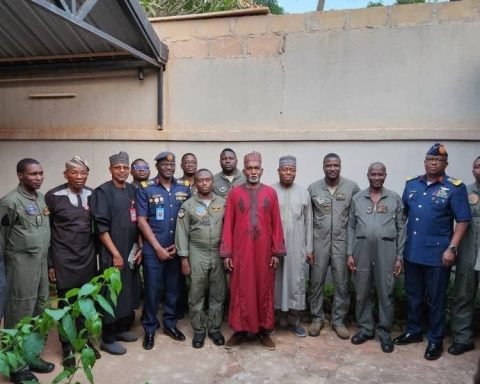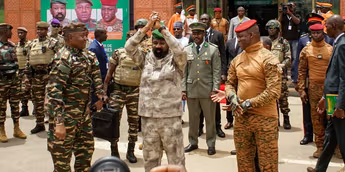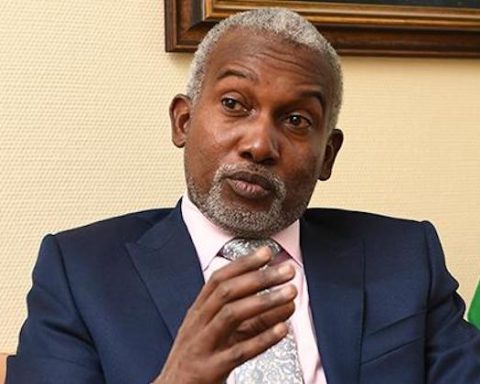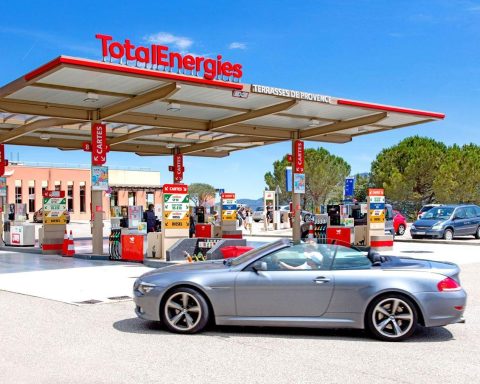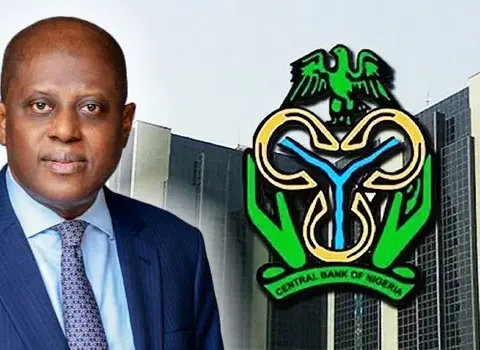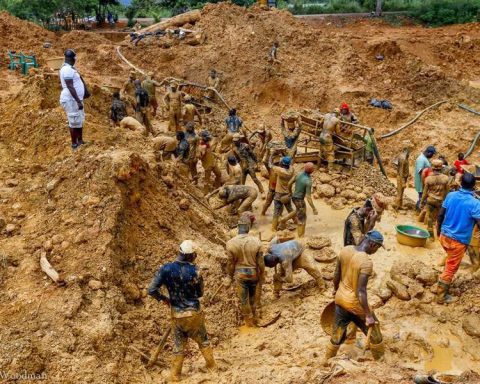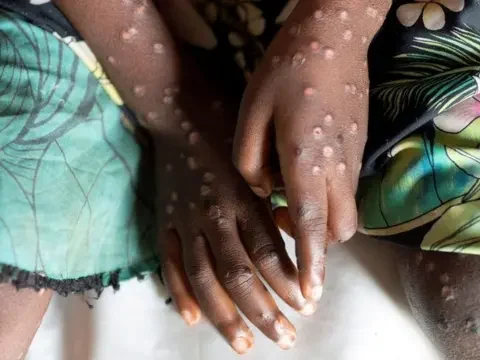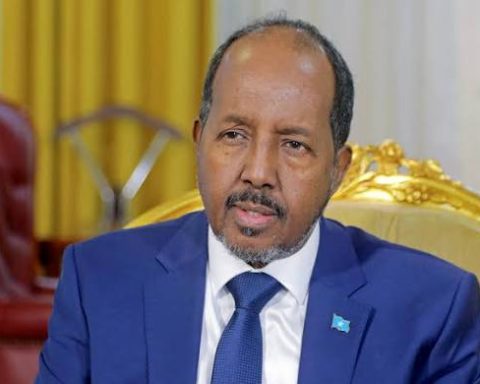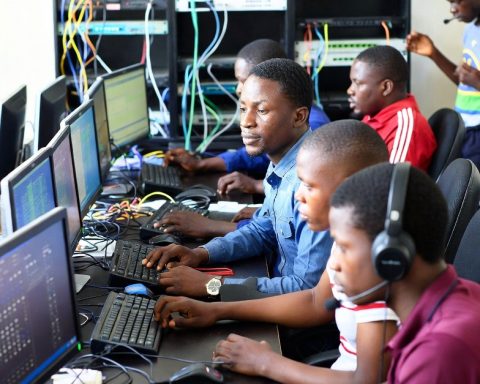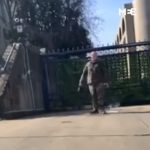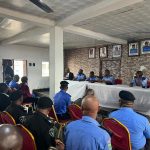Burkina Faso’s military-led transitional government has formally abolished the country’s Independent National Electoral Commission (CENI), transferring the organisation’s responsibilities for future elections to the Ministry of Territorial Administration, BBC Africa reported.
The announcement, made earlier this week by Minister Emile Zerbo, marks a significant consolidation of power by the ruling junta and casts further doubt on the country’s commitment to restoring democratic rule.
Join our WhatsApp ChannelZerbo justified the decision during a televised address, describing the electoral commission as “dysfunctional” and a “waste of state resources”, noting that it cost the government over $870,000 annually. He also claimed the move would bolster Burkina Faso’s sovereignty and reduce foreign influence over its political processes.
The dissolution of CENI is the latest in a series of sweeping changes introduced by Captain Ibrahim Traoré, who came to power in September 2022 after leading a coup against fellow military officer Lt Colonel Paul-Henri Sandaogo Damiba. Damiba himself had seized power just eight months earlier from democratically elected President Roch Marc Kaboré, citing the government’s failure to stem rising jihadist violence.
Traoré, 36, was hailed by some as a revolutionary figure promising to stabilise the country. However, since assuming power, his administration has delayed the transition to civilian rule, redrawn constitutional arrangements, and now removed the last vestiges of electoral independence. While early commitments pointed to elections being held by July 2024, a revised charter adopted in May 2024 has extended military rule until July 2029. It also lifts a previous ban on transitional leaders contesting future elections, paving the way for Traoré to stand for the presidency himself.
The junta has also reoriented its foreign policy, scaling back ties with France, its former colonial power and cultivating closer relations with Russia.
Although Russian mercenaries have not been officially deployed, the Burkinabè government has welcomed Russian political backing and military equipment.
echoing a broader anti-Western sentiment seen across parts of the Sahel region.
READ ALSO: Burkina Faso: A Nation Under Siege From Within And Without
Internally, the situation has deteriorated. Burkina Faso is grappling with one of the world’s worst security crises. Islamist insurgencies linked to al-Qaeda and the Islamic State continue to expand, with jihadist attacks doubling in the first half of 2025 compared to the previous year. Over 17,000 people have been killed since Traoré’s takeover, and large areas of the country remain beyond government control.
International observers and human rights groups have expressed concern about the erosion of democratic safeguards. Alongside scrapping the electoral commission, the government has suspended key civil liberties, banned foreign media outlets including the BBC and Voice of America, and cracked down on political dissent.
Analysts warn that placing elections under the control of the Interior Ministry, which is part of the executive, will all but eliminate electoral transparency.
Burkina Faso is one of several West African countries to experience a military coup in recent years, joining Mali and Niger in a growing bloc of juntas resisting pressure from ECOWAS and Western powers to return to constitutional rule.
As insecurity deepens and international isolation grows, Traoré faces mounting challenges. Yet with power now firmly in his grasp, Burkina Faso’s prospects for democracy appear more distant than ever.


